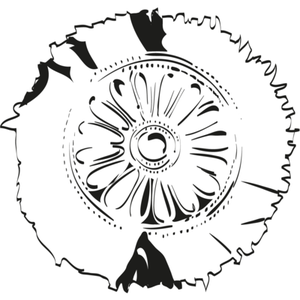Total 2,393,018 scientists, country 221, and institutions 24,453 are evaluated in the Productivity Rankings, an exclusive service provided by AD Scientific Index. This ranking measures and highlights the scientific productivity of researchers based on the i10 index (number of publications with at least 10 citations). This system identifies highly productive scientists across disciplines, institutions, and regions, contributing to the development of evidence-based academic policies and effective incentive mechanisms. The rankings include global, regional, and institutional analyses, along with specialized rankings such as Scientists' Last 6 Years' i10 Index and Universities' i10 Index Rankings 2025. With Premium Membership, you can:
- Gain full access to detailed comparisons and advanced analytics,
- Objectively evaluate your academic productivity,
- Make strategic, data-driven decisions to enhance performance.
* Total i10 IndexRankings
Ranking Based On Selection: 1

Bioinformatics
Machine Learning
Open Science
Training
i-10 Metrics
Total
Last 6 Years
Last 6 Years / Total
40
36
0.900
* Total i10 IndexRankings
Ranking Based On Selection: 2

Medical Informatics
Drug Safety
Linked Data
Semantic Web
Artificial Intelligence
i-10 Metrics
Total
Last 6 Years
Last 6 Years / Total
22
18
0.818
* Total i10 IndexRankings
Ranking Based On Selection: 3

big data
multimodal planning
machine learning
i-10 Metrics
Total
Last 6 Years
Last 6 Years / Total
4
4
1.000
Fotis Psomopoulos
Centre for Research and Technology Hellas
Thessaloniki, Greece
i-10 Metrics
Total
Last 6 Years
Last 6 Years / Total
40
36
0.900
Bioinformatics
Machine Learning
Open Science
Training
Pantelis Natsiavas
Centre for Research and Technology Hellas
Thessaloniki, Greece
i-10 Metrics
Total
Last 6 Years
Last 6 Years / Total
22
18
0.818
Medical Informatics
Drug Safety
Linked Data
Semantic Web
Artificial Intelligence
Panagiotis Tzenos
Centre for Research and Technology Hellas
Thessaloniki, Greece
i-10 Metrics
Total
Last 6 Years
Last 6 Years / Total
4
4
1.000
big data
multimodal planning
machine learning

